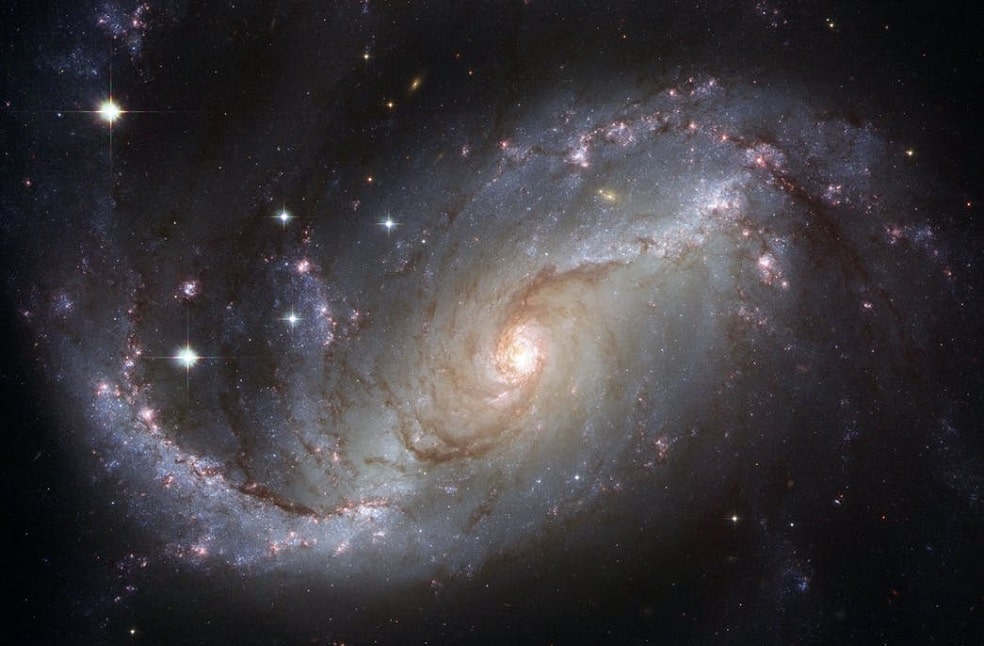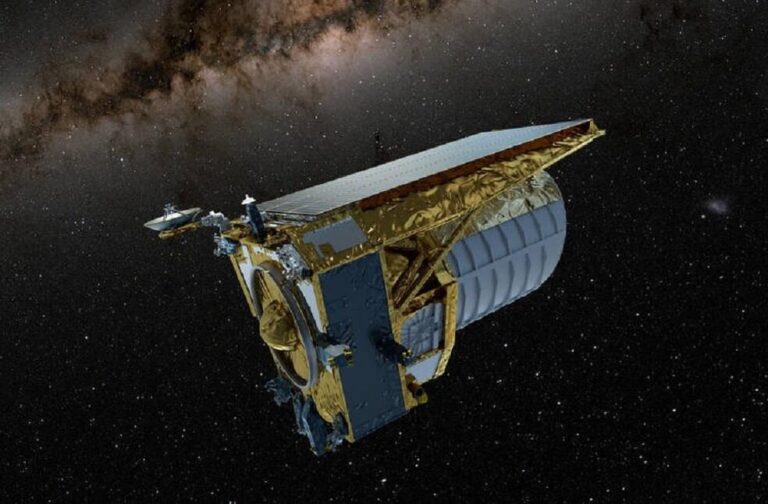London, UK: Euclid, Europe’s space telescope, is set to launch on 1st July 2023 from Cape Canaveral in Florida, marking the first-ever mission dedicated to unraveling the mysteries of dark energy and dark matter in the universe. Originally planned for launch using Russia’s Soyuz rockets, the European Space Agency turned to Mr. Elon Musk’s SpaceX due to the Russian rockets being unavailable due to sanctions related to the war in Ukraine.
After a month-long journey through space, Euclid will join the James Webb Space Telescope at a point called the second Lagrange Point, about 1.5 million kilometers away from Earth. Its main objective is to create the largest map of the universe, covering more than a third of the sky and mapping up to two billion galaxies. By capturing light that has traveled for billions of years, the map will provide insights into the universe’s history.
Scientists hope that Euclid’s observations will shed light on the “cosmic embarrassment” of the unknown nature of 95 percent of the universe. About 70 percent of the universe is believed to consist of dark energy, an unknown force responsible for the accelerated expansion of the universe. Dark matter, comprising 25 percent of the universe, is thought to be the binding force that holds galaxies together and makes up the majority of the universe’s mass.

Euclid’s mission, with a budget of $1.4 billion and a planned duration of at least six years, has the potential to revolutionize astrophysics and enhance our understanding of gravity. The spacecraft is equipped with a wide-angle telescope to survey distant galaxies, reaching as far as 10 billion light years away. It will also measure the intensity and spectrums of infrared light from these galaxies to accurately determine their distances.
The significance of Euclid’s mission lies in the fact that dark energy and dark matter constitute 95 percent of the universe, while visible ordinary matter accounts for just 5 percent. By delving into these enigmatic cosmic phenomena, scientists hope to gain a deeper understanding of the fundamental nature of our universe.



